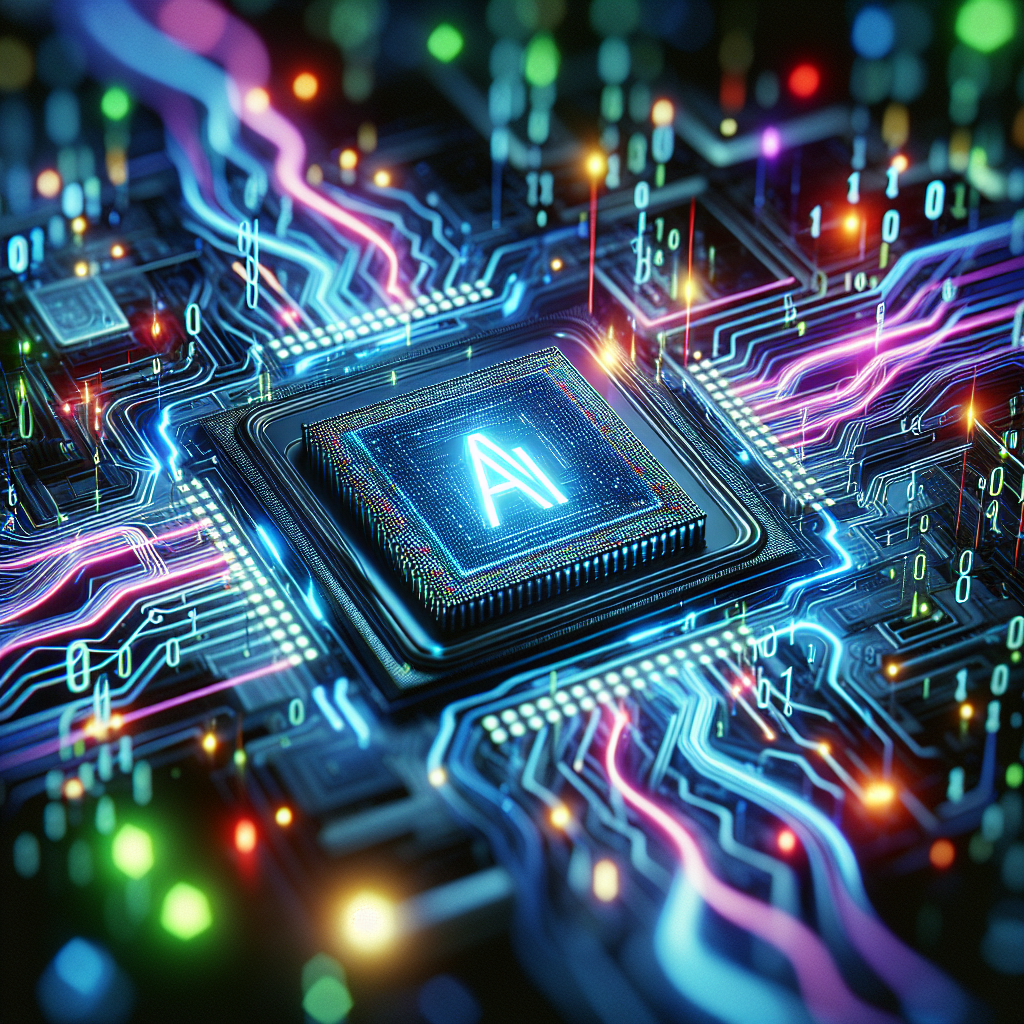The Future of AI and Machine Learning
Artificial Intelligence (AI) and Machine Learning (ML) have become some of the most talked-about technologies in recent years. From self-driving cars to virtual assistants, AI and ML are revolutionizing industries and changing the way we live and work. But what does the future hold for these technologies? In this article, we will explore the potential of AI and ML and discuss what the future may look like.
Advancements in AI and Machine Learning
AI and ML have made significant advancements in recent years, thanks to the availability of vast amounts of data and improvements in computing power. These technologies have been used in a wide range of applications, from healthcare to finance, and have shown great potential in improving efficiency and accuracy.
One of the most exciting areas of AI and ML is in healthcare. Researchers are using these technologies to analyze medical data and predict outcomes, leading to more personalized treatments and better patient care. AI-powered diagnostic tools can help doctors make faster and more accurate diagnoses, leading to better outcomes for patients.
In the field of autonomous vehicles, AI and ML are being used to develop self-driving cars that can navigate roads safely and efficiently. Companies like Tesla and Google have made significant progress in this area, and we may soon see a future where autonomous vehicles are a common sight on the roads.
In the realm of customer service, AI-powered chatbots are becoming increasingly popular as a way to provide instant support to customers. These chatbots can answer questions, provide information, and even complete transactions, all without the need for human intervention.
The Future of AI and Machine Learning
As AI and ML continue to evolve, we can expect to see even more advancements in the coming years. Here are some of the trends and developments that we can expect to see in the future of AI and ML:
1. Enhanced personalization: AI and ML will be used to create more personalized experiences for users. From personalized product recommendations to customized marketing campaigns, these technologies will help businesses better understand their customers and tailor their offerings to meet their needs.
2. Improved automation: AI and ML will continue to automate tasks that were previously performed by humans. This includes everything from data entry to customer service, freeing up employees to focus on more strategic tasks.
3. Ethical considerations: As AI and ML become more pervasive in our lives, there will be a greater focus on the ethical implications of these technologies. This includes issues such as bias in algorithms, data privacy, and the impact of automation on jobs.
4. Continued advancements in healthcare: AI and ML will play an increasingly important role in healthcare, with advancements in areas such as medical imaging, drug discovery, and personalized medicine. These technologies will help improve patient outcomes and drive down healthcare costs.
5. Greater integration with other technologies: AI and ML will be integrated with other emerging technologies such as the Internet of Things (IoT) and 5G networks. This will enable new applications and use cases, such as smart homes, connected cars, and industrial automation.
FAQs
Q: What is the difference between AI and ML?
A: AI is the broader field of study that encompasses the development of intelligent machines that can perform tasks that typically require human intelligence, such as reasoning, problem-solving, and perception. ML is a subset of AI that focuses on the development of algorithms that can learn from and make predictions based on data.
Q: Will AI and ML replace human workers?
A: While AI and ML have the potential to automate certain tasks currently performed by humans, they are unlikely to completely replace human workers. Instead, these technologies are more likely to augment human capabilities and improve efficiency in the workplace.
Q: How can businesses leverage AI and ML?
A: Businesses can leverage AI and ML in a variety of ways, including improving customer service, optimizing operations, and developing new products and services. By harnessing the power of these technologies, businesses can gain a competitive edge and drive innovation.
Q: What are the ethical considerations of AI and ML?
A: Ethical considerations of AI and ML include issues such as bias in algorithms, data privacy, and the impact of automation on jobs. It is important for companies to consider these ethical implications and ensure that their use of AI and ML is responsible and transparent.
In conclusion, the future of AI and ML is bright, with continued advancements and new applications on the horizon. These technologies have the potential to transform industries and improve our lives in ways we never thought possible. As we look ahead to the future, it will be important to consider the ethical implications of AI and ML and ensure that these technologies are used responsibly and ethically.

